Should I apply to graduate school to avoid a bad job market?
Should I apply to graduate school to avoid a bad job market?
If you’re already considering graduate school to avoid the realities of the post-Coronavirus job market, it might be worthwhile to review what is different about the education field now versus 2009, when the recession sent thousands back to graduate programs.
Did graduate school applications go up during the last recession?
There was a lag between the economy crashing and the uptick in applications. Some believe it took a few months for young professionals, aka recent grads, to take stock, come out of their daydreams and make the decision to go back to school to avoid the terrible job market.
Will graduate school applications go up again?
But what about this time around, assuming the job market is in ruins for the next 12 months? Will there be a stampede back to graduate schools in order to avoid the market, kill some time, and earn additional credentials to enhance resumes? The obvious answer is yes, it will likely happen.
What are the differences in education options now vs 10 years ago?
However, if you look at the education landscape now versus 10 years ago, you will see dramatic differences — all of which should be considered before deciding whether to go back to a traditional graduate program or not. Here are three big differences:
- MOOC’s – Massive Open Online Courses
First, we have the MOOCs – Massive Open Online Courses — curated, filtered and available to just about anyone who has access to the Internet. Coursera.org, Skillshare, Edex, and Udemy, are just a few on the market now, some being free and the others having a range of price tags. They all offer a dynamic and uncountable number of courses designed to make you smarter, better, faster, more interesting, and more valuable to employers, friends, and family!Top tier institutions like MIT, Harvard, Boston College, Berkeley, and Princeton now offer free — yes folks, free — online courses in subjects ranging from Empathy and Emotional Intelligence, to Bitcoin and Cryptocurrencies. These courses may or may not offer certifications which will add to your resume (think Keywords in LinkedIn algorithm). But even if they don’t, the extra skills will make you more attractive to potential employers when the job market opens back up. - Tech Bootcamps
Second, there has been a shakeout in the Tech Bootcamp world. Now that our economy is 10 years older and pretty much run on technology, companies — regardless of industry — are more focused on who can do the job and bring immediate value, than the kind of degree you have. Being fluent and expert in such skills as SQL, Python, Java, HTML, Matlab, Embedded C/C++ or UX/UI design or cybersecurity analytics is a must.So, who has survived in the tech bootcamp space? The successful ones, according to a report by Steven Lohr of the New York Times back in 2017, were those able to adapt to the changing needs of employers, quickly adding courses in artificial intelligence, project management, data science and digital marketing, as well as being successful at developing strong and loyal relationships with employers to ensure their graduates are snapped up upon graduationIf you’re going to invest in one of these bootcamps, do your homework. If the bootcamps are online, make sure there is a strong and proven mentorship (think personal connections) offered for your investment. Check that their curriculum is 100% current with the marketplace, and that they have very robust connections with employers in your geographical target area. Don’t just interview the recruitment specialist, interview the mentors and trainers.
- The consumer is smarter because of peer review sites
Third, we are more savvy consumers than we were 10 years ago. Review sites such as Trustpilot, TestFreaks, Google, and Ratemyprofessor give us unprecedented access to consumer’s feedback. Higher education institutions, for profit and non profit education companies are all under the microscope, open to scrutiny by their customers. Knowing how to filter and manage the feedback is important, but you should be taking the time to dig deeply before spending money and time.
How to make the decision whether to go back to graduate school or spend time and money on additional education and credentials
Know answers to the following questions:
- What is your career plan, i.e. what do you want to do?
- What is your target industry?
- Who are the companies on your target list?
- What are your natural strengths and weaknesses?
- How much salary will you require in 10 years?
Once you have answers to these questions, you can make informed choices on which courses and programs to take, how much to spend (think ROI), and when to start. By spending time thoroughly researching what your target employer or industry is looking for (LinkedIn can be super handy for this type of research), you can easily find MOOC’s, bootcamps, and traditional academic programs that will provide you what you need at a price you can determine offers a good ROI.
What is Career Management?
It’s all part of career management, or taking charge of your career rather than letting your career happen to you. Here’s are some great exercises to do to “audit” your career to see what’s missing. And here’s Part II of the “Taking Control of your Career.” series.
Extra fun reading on Career Planning, Financial Independence and Leaving Home
The Three Little Pigs Leave Home – a short story with added Financial Independence Quiz about leaving home and becoming self sufficient
Matching Values with Vocation
So should you apply to graduate school to avoid a bad job market?
Not until you’ve thoroughly researched what career you want, the credentials you need to be success in that career and the return on investment of any additional education.
Reach out to us for a complementary initial consultation about your education and career path ideas.
College Admissions
Counseling
Career Launch
Career Management
LIFE COACHING FOR 20-SOMETHINGS
PARENT/YOUNG ADULT FACILITATION
doylestown, pa 18901, Princeton, nj, hunterdon county and robbinsville, nj,and serving clients all over the world via zoom video conference
DISCOVER


